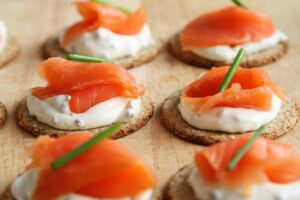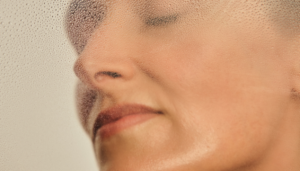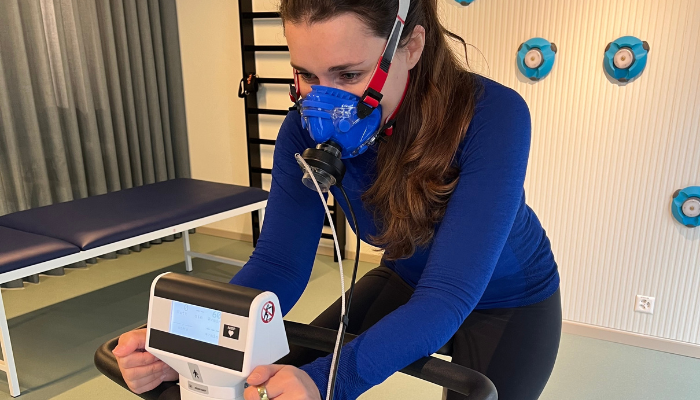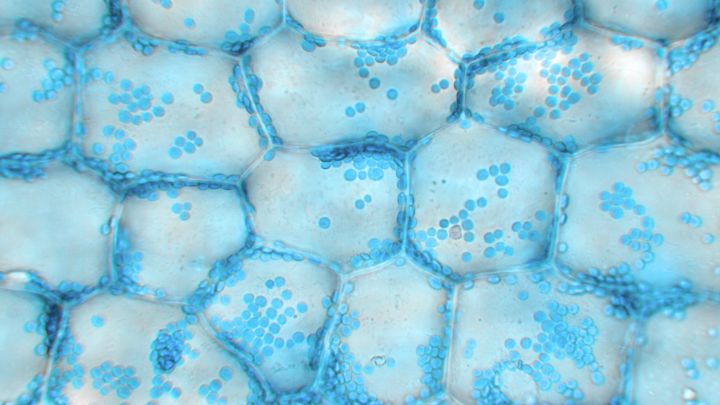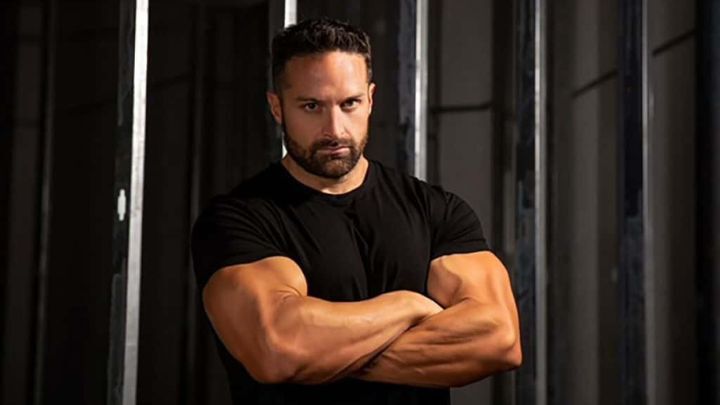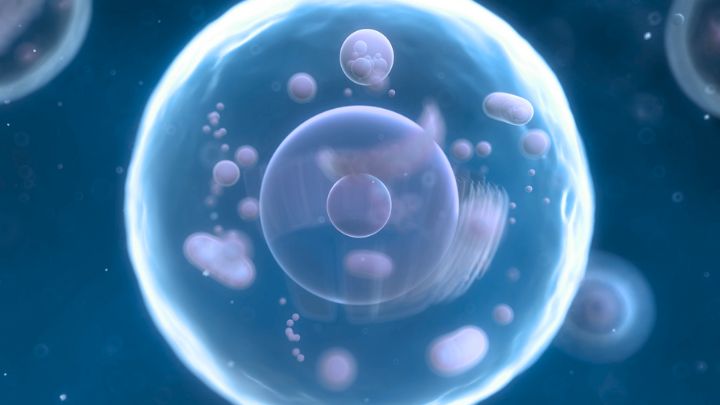Imagine a world where every step you take is the optimal one for your health. Envision technology as your personal health guide, encouraging you towards choices that enhance your longevity.
This isn’t just futuristic thinking; it’s the present reality we’re stepping into. The empowerment you feel when a fitness tracker or health app illuminates the path to your well-being slowly. Would you be interested?

Each measurement tracked, counted, and analysed, all converging to create a perfectly tailored roadmap for your health journey. This is more than data; it’s a personalised blueprint for living your best and healthiest life.
In this article, we delve into the marvels of health technology – from innovative gadgets to smart nutrition tracking – and explore how they are reshaping our approach to ageing.
You’re not just tracking your health; you’re actively crafting a longer, more vibrant life with every informed decision you make.
Welcome to the era of tech-enhanced longevity, where your journey to wellness is as unique as you are!
In this article
Free guide to reverse your biological age

- Master the science of rejuvenation.
- Apply proven tips to turn back the clock.
- Transform your health with top longevity specialists.
What is longevity?
Longevity refers to the concept of extending not only your lifespan, but also your health span – the period of life spent in good health. It encompasses four key domains that collectively aim to improve your quality of life over a longer period:
- Prevention: This involves strategies and measures to prevent the onset of damage that leads to ageing.
- Diagnostics: The focus here is on the early detection and identification of signs of ageing damage.
- Treatment: This domain deals with addressing and treating the damage that has already occurred due to ageing.
- Renewal: It involves strategies and methods aimed at reversing the damage caused by ageing, essentially renewing aspects of health and function.
Tech leaders’ quest for age reversal: tech enhanced longevity
Mark Zuckerberg, for instance, shared in a Thread’s post about how he’s harnessed technology to enhance his sleep quality. He uses an Eight Sleep smart mattress and an Oura smart ring, showcasing his tech-centric approach to health management.
Meanwhile, Bryan Johnson is pushing the boundaries even further, essentially becoming a human subject in age reversal experiments. Johnson is now channelling his resources into reducing his biological age to 18 again.
His regimen includes the support of a 30-doctor team and a daily intake of over 100 pills. His ambitious project, dubbed ‘Blueprint’, represents a significant investment over two years, employing advanced algorithms aimed at transcending traditional self-care and wellness practices. The aim? Offering everyone the ability to craft their “autonomous self.”
Discover Bryan Johnson’s Blueprint simplified.
Free Longevity Ebook
For the health and longevity enthusiasts of all walks of life—Good news! Avea has an Ebook specially designed for you!
You don’t have to be an expert to unravel the science behind vitality. With our free Ebook, delve into the realm where biology and lifestyle intersect.
- Backed by science: Understand the biology underpinning each recommendation.
- Action plans: Every chapter leaves you with a step-by-step guide.
- Tried and true: Our customers have already boosted their well-being using our solutions.
The tracking revolution: gadgets & apps
In the quest for longevity, technology is for sure one of your best friends. The tracking revolution is at the forefront, offering innovative gadgets and apps designed to guide you toward healthier, longer lives.
Here’s a glimpse into some of the most prevalent and cutting-edge longevity tech innovations:
Wearable devices

Companies like Garmin, Oura, and Whoop are redefining health tracking with wearable devices like watches, rings, and bands. These devices offer a wealth of data on movement, sleep, and heart rate metrics – key indicators of overall health. For example, they measure heart rate variability (HRV), a critical marker for the body’s resilience and stress management. High HRV is linked to better stress adaptation and a healthier ageing process. These wearables are not just about data collection; they aim to provide actionable insights for improving heart rate metrics and overall health.
Continuous Glucose Monitoring (CGM)
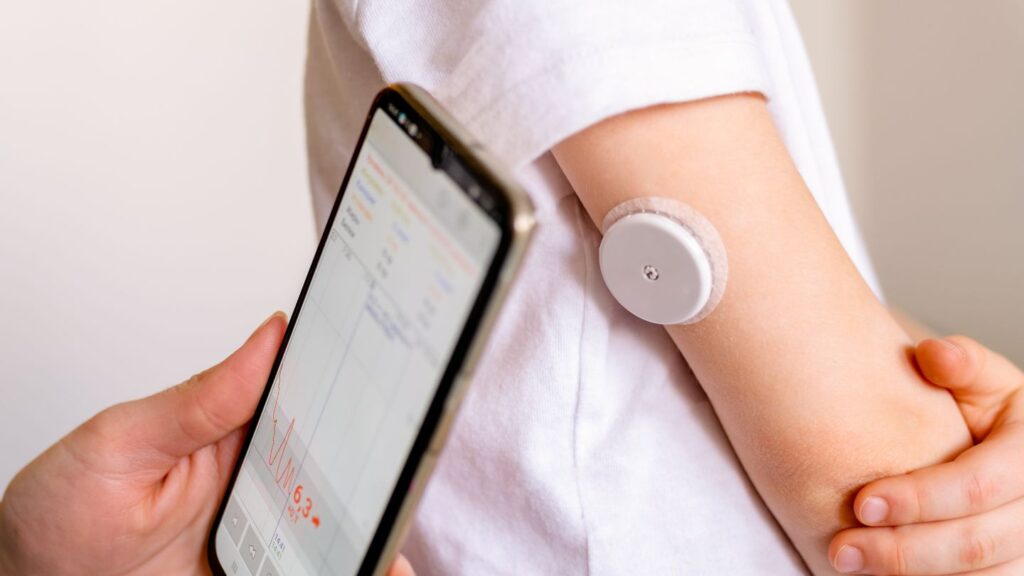
Another key player in longevity tech is Continuous Glucose Monitoring (CGM). Devices from companies like Levels offer real-time feedback on blood glucose levels, providing insights into how diet and lifestyle choices impact these levels. Lower fasting glucose levels have been correlated with longer lifespan, making CGMs an invaluable tool for those seeking to optimise their health and longevity.
For instance, the CGM results depicted below illustrate the impact of the Avea Stabiliser on blood glucose levels after consuming a simple porridge breakfast with water, chia seeds, nuts, and protein powder.
On the left, without the Stabiliser, the participant experienced a peak glucose level of 9.1 mmol/L, a considerable spike from the fasting level of 5.6 mmol/L. In contrast, when the Stabiliser was included, shown on the right, the peak glucose level was significantly reduced to 6.7 mmol/L, only a modest increase from the fasting level of 5.5 mmol/L.
This represents a 66% reduction in the glucose spike thanks to the Stabiliser.

The graphical evidence suggests that incorporating a Stabiliser with your meal can substantially moderate your body’s glycaemic response, potentially offering a beneficial strategy for maintaining steadier blood glucose levels post-meal, which is critical for metabolic health and longevity.

The Stabiliser is packed with optimal ingredients, backed by science.
- White Mulberry Leaf (Reducose®) (500mg)
A natural leaf extract that inhibits the absorption of sugars and carbs by up to 40% while you eat, turning fast sugar and carbs into slow ones.
- Chromium Picolinate (200μg)
One of the most bioavailable forms of the essential mineral Chromium, shown to improve blood sugar control by boosting carbs, proteins, and fats metabolism. May help in reducing hunger and cravings.
- Berberine (500mg)
A polyphenol found in various plants, shown to lower fasting blood sugar levels, support weight loss, and improve heart health by lowering cholesterol.
Blood biomarkers
Blood biomarker analysis stands as one of the most accurate and actionable health evaluation tools. Companies like InsideTracker offer calculators like InnerAge 2.0, which use blood biomarkers associated with ageing and machine learning to calculate your biological age. They provide personalised recommendations to improve these markers and, consequently, reduce your biological age.
Biological age calculators
Biological age, as opposed to chronological age, offers a more accurate representation of your ageing process. It reflects how lifestyle choices and behaviours affect your body. Companies have developed algorithms considering genetics, blood, saliva, and questionnaire data to calculate biological age. This approach gives a highly personalised insight into one’s true age and health state.
Epigenetic clocks and telomere length
Innovations like the Horvath calculator, used by companies like Elysium Health, Muhdo Health, GlycanAge, and True Diagnostic, measure biological age through DNA methylation, a key factor in the rate of ageing.
Telomere length, another important ageing marker, has been linked to lifestyle choices, with healthier habits leading to longer telomeres. Companies like PreviMedica provide testing options for telomere length, offering insights into DNA protection and ageing.
Biological age vs. chronological age: what’s your number?
Have you ever felt younger than your years, or perhaps, on some days, a bit beyond them? It’s a common sentiment, and it’s rooted in a profound truth: your chronological age, the number of candles on your birthday cake, doesn’t always match up with your biological age, the age your body truly feels and functions at.
Technological advancements are now allowing us to quantify this feeling with biological age calculators. These tools use complex algorithms that factor in a range of data, from genetic markers to lifestyle choices.
Quiz: Estimating your biological age
To get a taste of how your daily habits impact your biological age, answer the following questions:
How many servings of fruits and vegetables do you consume daily?
A) 5 or more
B) 2-4
C) 1 or none
On average, how many hours of sleep do you get each night?
A) 7-9
B) 5-6
C) Less than 5
How often do you engage in physical activity each week?
A) Daily or almost daily
B) A few times a week
C) Rarely or never
Do you smoke, and if so, how often?
A) Never
B) Occasionally
C) Regularly
How would you describe your stress levels on a regular basis?
A) Low – I’m usually relaxed and balanced
B) Moderate – I have my moments of stress
C) High – I feel stressed most of the time
Tally up your answers (A=1, B=2, C=3) and see which category you most often fall into:
Mostly A’s: You’re likely younger, biologically, than your chronological age suggests.
Mostly B’s: Your biological age could be close to your chronological age.
Mostly C’s: You might have a biological age that is older than your chronological age.
Remember, this quiz is just for fun and to get you thinking about the factors that contribute to biological ageing.
For a more accurate measure, consider our professional biological age test– The DNA & Bioage Test. Understanding the distinction between biological and chronological age can empower you to make informed decisions about your health and well-being.
What will your number reveal about you?
Slowing down your ageing process
We partnered with Muhdo, a leading epigenetics-based company, to offer our DNA and Bioage test – a simple at-home saliva sample test giving you access to the most conclusive DNA health profile available.
It also provides your biological age, so you can take control of your genetic health. We trust that their world-renowned team of geneticists, sport scientists and nutritionists, guarantee you the most accurate and useful results and advice.

- Deep insights into your genetics & epigenetics
- 50+ reports tailored to your individual needs
- Expert-backed solutions to improve your health and potentially extend your lifespan.
Your sample will be analysed by Muhdo, looking at 1000 genetic markers. Their health reports focus on 5 areas, with an additional 12 key insights and 300 DNA outcomes to gain deep knowledge about yourself.
Future forward: the next tech wave in longevity
As we look to the future, the potential for technology to expand our lifespans and improve our quality of life is boundless.
Innovations on the horizon include nanotechnology for precision drug delivery, advanced genomics for personalised medicine, and even AI for predicting health trajectories.
The longevity space is ripe for a breakthrough that could redefine ageing as we know it.
What are your predictions for the next big innovation in longevity tech? Are you excited about the possibility of a smartwatch that can detect nutrient deficiencies, or perhaps a virtual reality platform that keeps your brain agile as you age? Share your hopes and predictions for the future of longevity technology.
Your health, enhanced by tech
In summary, technology’s role in health and longevity is not just supportive—it’s revolutionary. From wearables that track our vitals to AI that knows us better than we know ourselves, technology is enabling a new era of personalised health. The future holds promise for even more integration of tech in our quest for a long and healthy life.
As we close this discussion, consider this an invitation to embrace the tech tools at your disposal. Whether it’s a fitness tracker, a nutrition app, or a meditation aid, let technology be a partner in your health journey. Start with one tool that resonates with you and begin the path to a tech-enhanced, healthier future. What step will you take today to enhance your health with technology?




